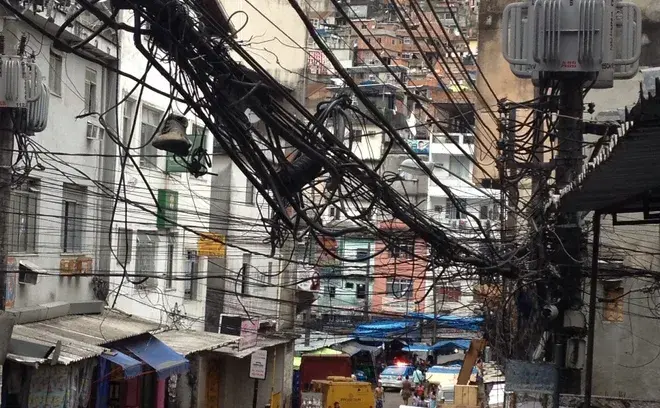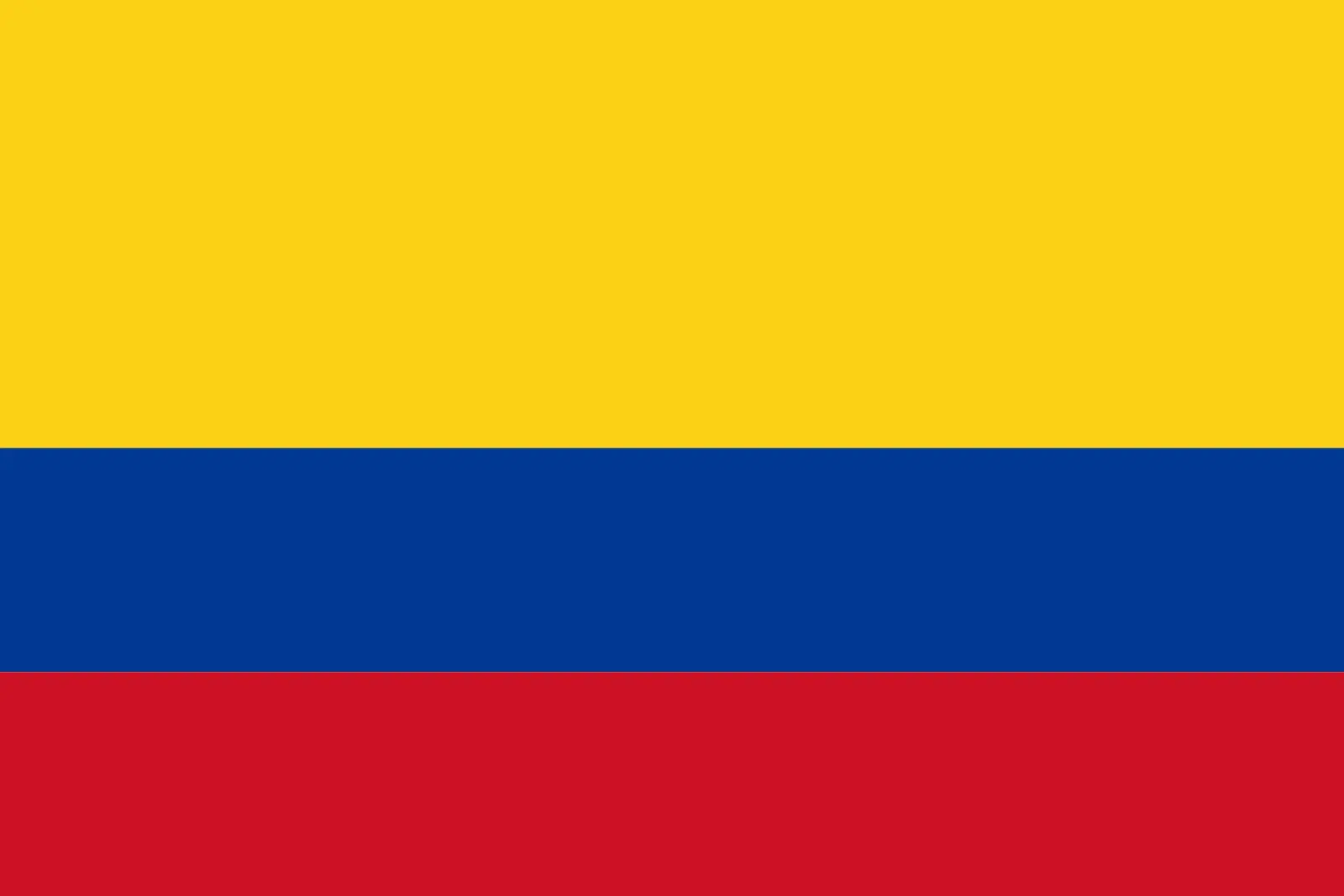Colombia Perspectives on Post-2015 Development Goals
The Post-2015 Consensus held a country specific seminar on the post-2015 development agenda in Colombia on 30th April.
The third seminar in a series of 9 seminars to be held around the world. The purpose of the country specific discussion is to bring together international economists with local sector experts in order to delve deeper into the potential benefits which the post-2015 development agenda could bring to the country and the necessity of prioritizing smart targets to achieve the desired outcomes for the country.
Through a dialogue led by the economists and sector experts across three themes: air pollution, biodiversity and ICT infrastructure, the participants of the seminar were given a concrete understanding of potential good the post-2015 development agenda can do within Colombia if smart targets are prioritized for each theme.
For more information on prioritizing smart targets download the PDF presentation "The Smartest Targets For The World 2016-2030" by Bjorn Lomborg and scroll down for more information and resources to learn what the post-2015 development agenda could mean for Colombia.
Click here to download Bjorn Lomborg's presentation in spanish and here for a detailed description in spanish of the Colombia Perspectives seminar and biographies of all the expert speakers and contributors.
Click here to see the full media coverage in Colombia.
Colombia Perspectives: Air Pollution
About 15,000 people die each year from this air pollution in Colombia according to a recent study commissioned by the World Bank. About 8,000 of these deaths are from outdoor ambient air pollution mainly in urban areas, and 7,000 are from household air pollution caused by cooking and heating with wood and other solid fuels mainly in rural areas."
- Bjorn Larsen, Seminar Speaker

Colombia Perspectives: Biodiversity
Colombia has a total of 36 distinct páramo ecosystems covering an area of 2.9 million hectares, 1.6% of the country’s territory (Humboldt Institute Colombia, 2013) (See Figure 1). These ecosystems also provide freshwater to 85% of the country’s population and are home to a rich diversity of flora and fauna. Despite their ecological importance, only 36% of Colombian páramos are found within National Parks, which makes the remaining unprotected 64% vulnerable to the consequences of human activities and developments linked to the country’s economic growth."
- Luke Brander and Gustavo Arciniegas, Seminar Speakers

Colombia Perspectives: ICT Infrastructure
Nevertheless, given the large benefit that mobile broadband can still deliver for Colombia, and in light of the fact that Colombia is still lagging in terms of broadband penetration (e.g. around 8% mobile broadband penetration versus 75% in developing countries in 2013), this paper also discusses further recommendations to improve the current regulatory framework."
- Alexia Lee González Fanfalone, Seminar Speaker







